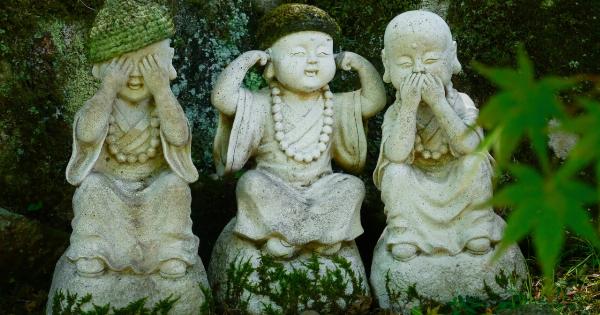Kidney stones are hard mineral deposits that form in the kidneys and can be painful to pass out of the body. If you’ve never had a kidney stone before, it can be difficult to know if you are experiencing symptoms of one.
It’s important to be aware of the signs and symptoms of kidney stones so that you can seek appropriate medical attention if needed.
Here are 10 common symptoms of kidney stones:
1. Severe Pain in Your Side and Back
The most common symptom of kidney stones is severe pain in your side and back. This pain can be intense and may come and go in waves. It often begins suddenly and can be felt in the lower back, abdomen, and groin.
Pain that lasts for several hours is common with kidney stones.
2. Painful Urination
If you are experiencing kidney stones, you may have painful urination. This can include a burning sensation when you urinate, as well as a frequent urge to urinate. You may also notice that your urine is cloudy or has a strong odor.
3. Blood in Your Urine
Blood in the urine is another common symptom of kidney stones. This can range from a small amount of blood that is visible only under a microscope, to larger amounts that can be seen with the naked eye.
If you notice blood in your urine, you should seek medical attention right away.
4. Nausea and Vomiting
Some people with kidney stones experience nausea and vomiting. This can be caused by the severe pain associated with passing a kidney stone, or it could be a side effect of medication used to treat the condition.
5. Fever and Chills
Fever and chills are not common symptoms of kidney stones, but they can occur in some cases. If you experience these symptoms along with severe pain in your side and back, you should seek medical attention right away.
6. Pain in Your Testicles or Penis
In men, kidney stones can cause pain in the testicles or penis. This can be a result of referred pain, which occurs when pain is felt in one part of the body but is caused by a problem in another part of the body.
7. Painful Bowel Movements
If you have kidney stones, you may experience pain during bowel movements. This can be caused by the pressure of the stones on your rectum.
8. Pain During Sexual Intercourse
In some cases, kidney stones can cause pain during sexual intercourse. This can be a result of referred pain or the pressure of the stones on the genitals.
9. Urinary Tract Infections
If you have kidney stones, you may be more prone to urinary tract infections (UTIs). This is because the stones can create a blockage that prevents urine from flowing properly, which can lead to the growth of bacteria in the urinary tract.
10. Difficulty Passing Urine
If you are experiencing kidney stones, you may have difficulty passing urine. This can be caused by the blockage created by the stones and can lead to a buildup of urine in the bladder.
Conclusion
If you are experiencing any of these symptoms of kidney stones, it’s important to seek medical attention right away. Your doctor can diagnose the condition and provide appropriate treatment to help you manage your symptoms.






























